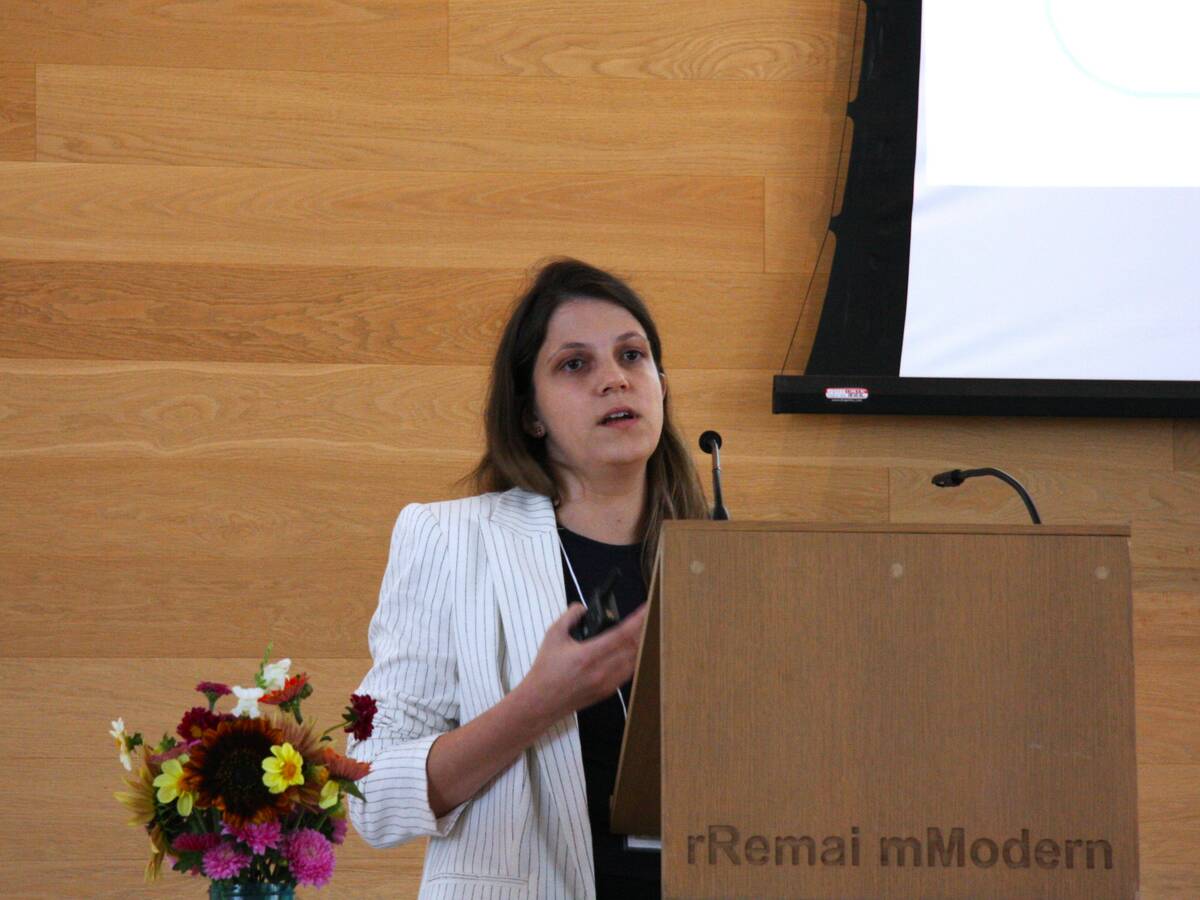The Alberta government has halted the potential sale of 16,000 acres of native grassland near Medicine Hat.
A brief news release issued Oct. 19 indicated requests for proposals to buy the property for irrigated agricultural development had been cancelled “after people expressed concerns that there was no pubic input
into using a Request for Proposals and that there might be an impact on water and the ranching community.”
Dave Ealey, spokesperson for the provincial sustainable resource development department, said public concerns about water use and availability were key to the decision.
Read Also

Fusarium head blight mycotoxin detector in the works
A PhD student at the University of Saskatchewan has been working on developing a method of detecting fusarium damaged kernels to ease the struggles of producers, agronomists and industry.
“The fact that the Alberta environment department is now the Alberta environment and water department just reinforces these priorities,” he said in an interview.
It was the second time that the potential sale of the large land parcel has raised controversy. Dubbed “potatogate” because of interest by potato producer SLM Spud Farms in cultivating the grassland for potato production, the matter created protest from local graziers and environmental groups.
The potato farm made a direct offer in 2010 to buy the land, sparking outcry over lack of public input and lack of open bidding on sale of crown property.
This August, then-minister of sustainable resources Mel Knight issued a request for proposals for irrigated agricultural development. Any proposals were to be submitted by Oct. 31. SLM Spud Farms was expected to submit a proposal, but that is now moot.
James Babe, president of the Forty Mile Grazing Association, which uses a portion of the 16,000 acre property for cattle pasture, expressed relief at the cancellation.
He said fighting the potential sale has cost the association time and money.
“We’re out a lot of money now. We’ve spent the better part of two and half years having meetings and we hired a consultant so he could tell us originally what our losses would be had this thing gone through in its original form. And no compensation from anyone.”
Babe said the non-profit association will probably request compensation from the government for its costs. As well, he hopes it can negotiate a new five-year lease instead of the one-year lease provided by the government after it decided to offer the land for potential sale.
“Our fight wasn’t really with the potato guy,” he said. “It was with the government.”
Environmental groups protested the potential sale because it would have destroyed native grassland and wildlife habitat, including areas inhabited by the endangered sage grouse.
Ealey said the matter has illustrated Albertans’ expectations regarding sale of public land. He also noted the South Saskatchewan Regional Advisory Council, which tabled a report to government earlier this year, included advice that must be considered.
“Their advice to government has identified a number of places in the south part of province where there needs to be greater attention given to conservation, and sorting out how that regional planning works is another commitment that the government is pursuing,” Ealey said.















